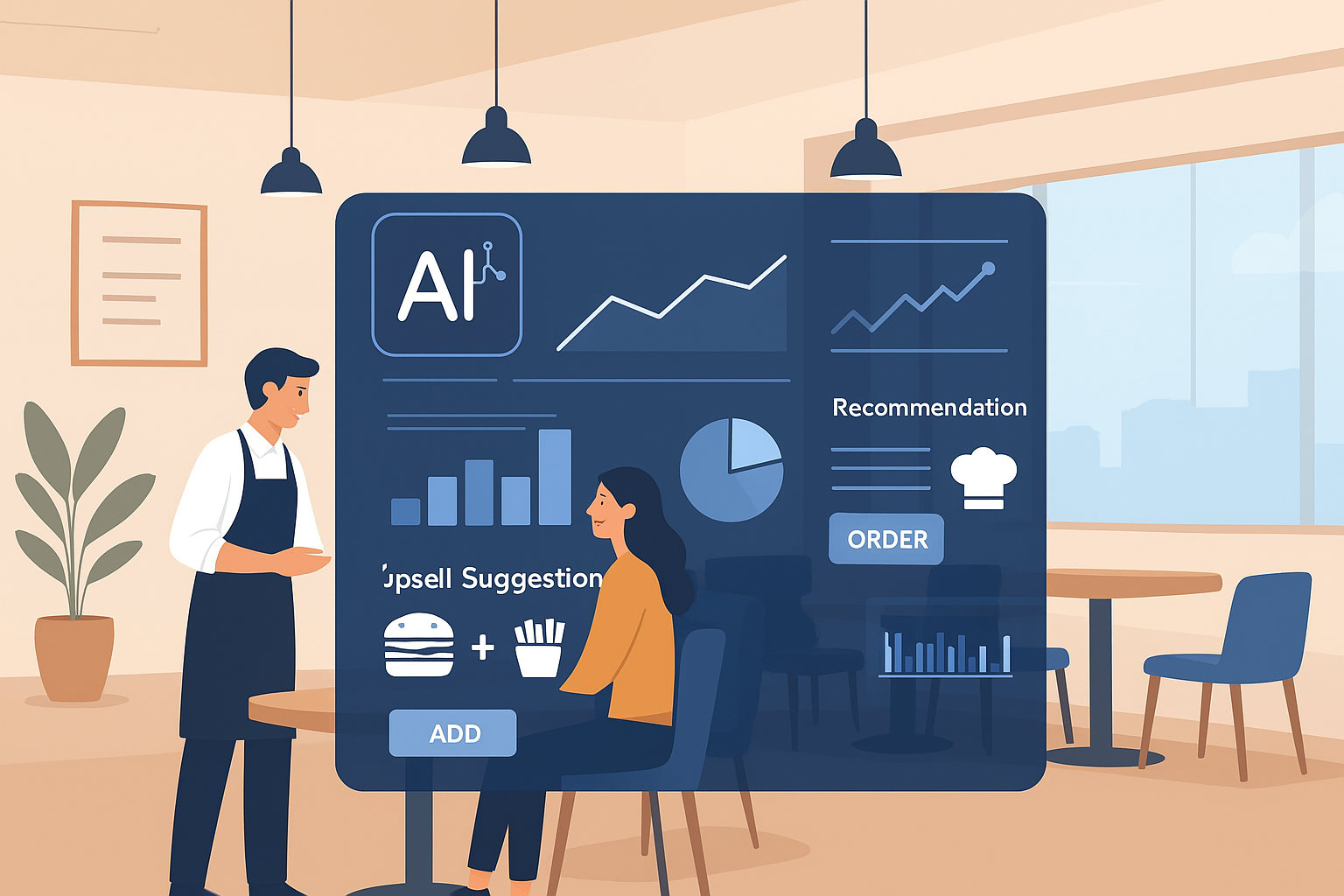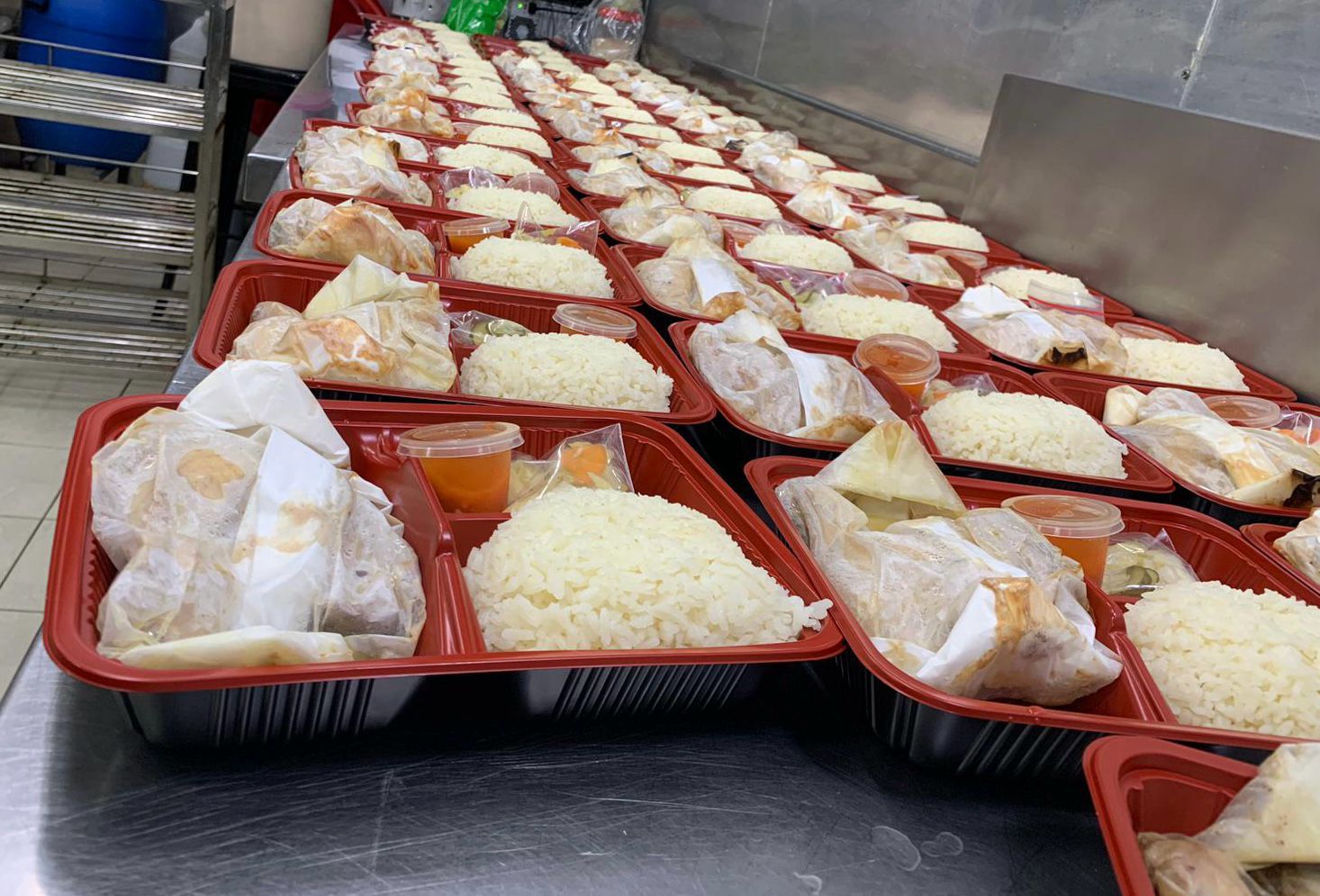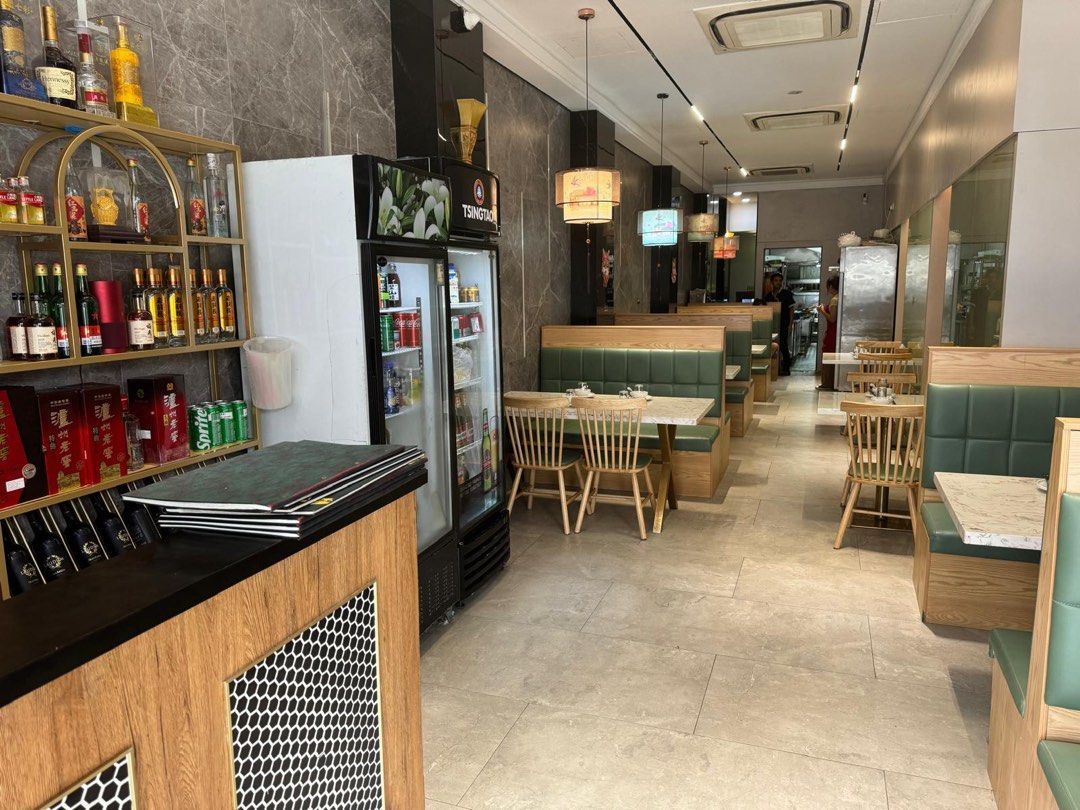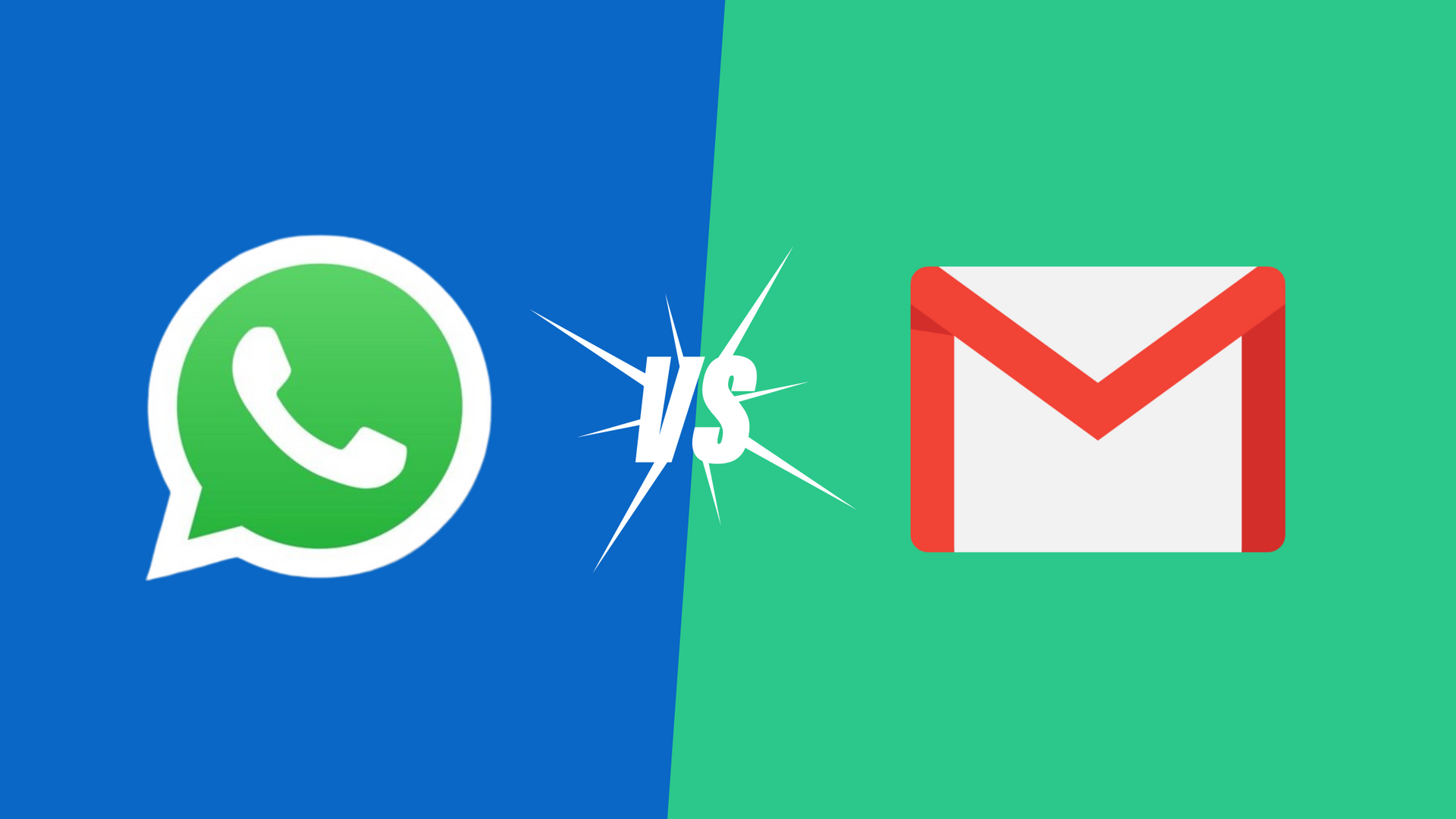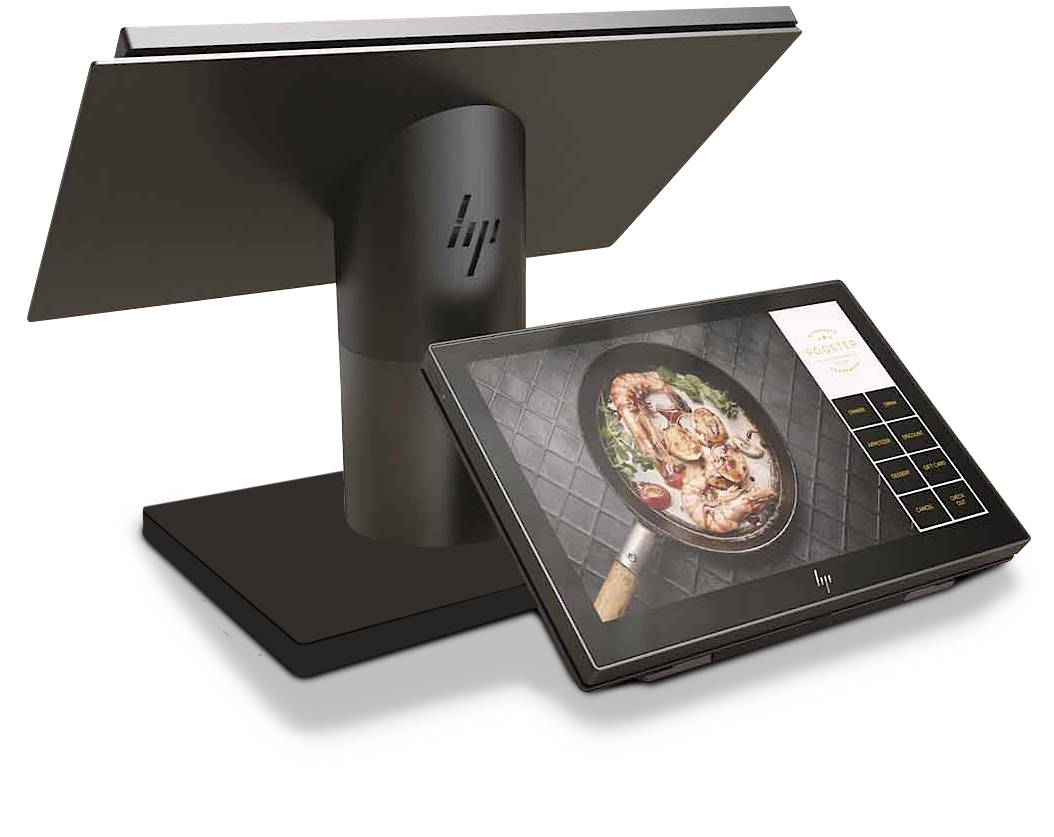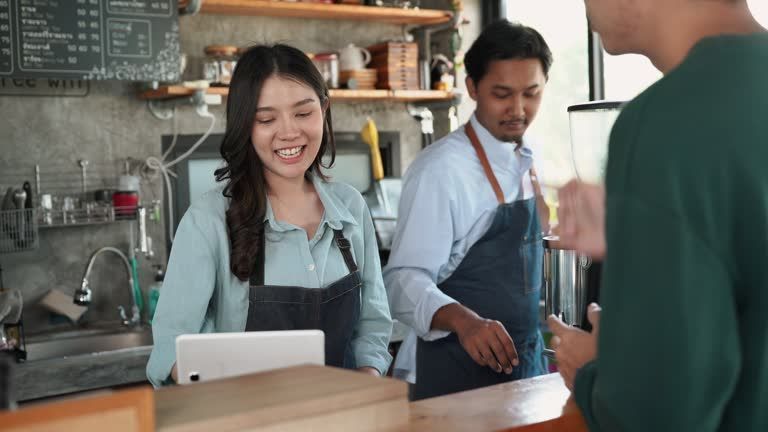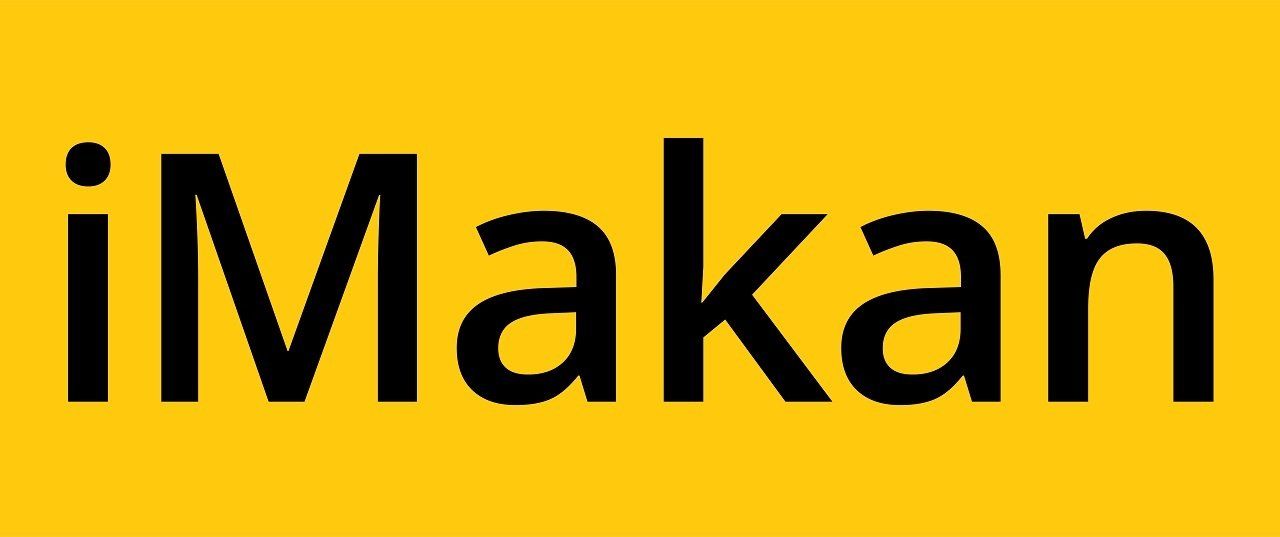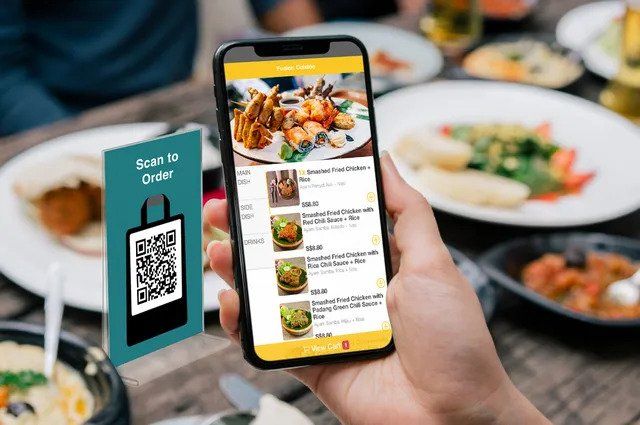In Singapore's bustling F&B scene, quick-service beverage outlets like bubble tea shops, coconut drink stalls, and fruit juice bars face the challenge of serving a high volume of customers efficiently while maintaining personalized service. Integrating self-ordering kiosks, QR ordering, and Customer Relationship Management (CRM) systems can revolutionize operations, enhance customer satisfaction, and drive revenue growth.
1. Flexible Order Customization
Beverage kiosks often offer a variety of customization options—sugar levels, ice preferences, toppings, and more. Self-ordering kiosks and QR ordering systems allow customers to easily select their preferences through intuitive interfaces, reducing errors and ensuring orders are prepared to exact specifications. This precision enhances customer satisfaction and streamlines the ordering process.
2. Reduced Manpower Requirements
By enabling customers to place orders directly through kiosks or their smartphones, staff can focus on preparing beverages rather than taking orders. This shift not only reduces the need for additional manpower but also accelerates service during peak hours, improving overall efficiency.
3. Increased Average Bill Size
Self-ordering systems can be programmed to suggest add-ons or upgrades, encouraging customers to explore additional options. This automated upselling strategy has been shown to increase average order values, with some establishments reporting a 15–30% boost in sales.
4. Enhanced Customer Loyalty through CRM
Implementing a CRM system allows beverage kiosks to track customer preferences and purchase history, enabling personalized marketing and loyalty programs. Offering rewards, cashback, or point-based incentives encourages repeat visits and fosters a loyal customer base.
5. Real-Time Menu Management
With integrated systems, menu updates and item availability can be managed in real-time across all outlets. This centralized control ensures consistency, reduces the risk of selling unavailable items, and allows for quick adjustments based on inventory or promotions.
6. Data-Driven Insights
Collecting data through QR ordering and CRM systems provides valuable insights into customer behavior and preferences. Analyzing this data helps in tailoring offerings, optimizing inventory, and designing targeted marketing campaigns, ultimately enhancing the customer experience and boosting sales.
7. Improved Order Accuracy
Allowing customers to input their orders directly minimizes miscommunication and errors. Accurate orders lead to higher customer satisfaction and reduce waste from incorrect preparations.
8. Streamlined Operations
Integrating self-ordering kiosks, QR ordering, and CRM systems creates a cohesive operational flow. Orders are processed efficiently, customer data is centralized, and staff can focus on delivering quality products, resulting in a more streamlined and effective business model.
By embracing these technologies, quick-service beverage outlets in Singapore can enhance operational efficiency, improve customer satisfaction, and drive revenue growth. Implementing self-ordering kiosks, QR ordering, and CRM systems positions businesses to meet modern consumer expectations and thrive in a competitive market.
